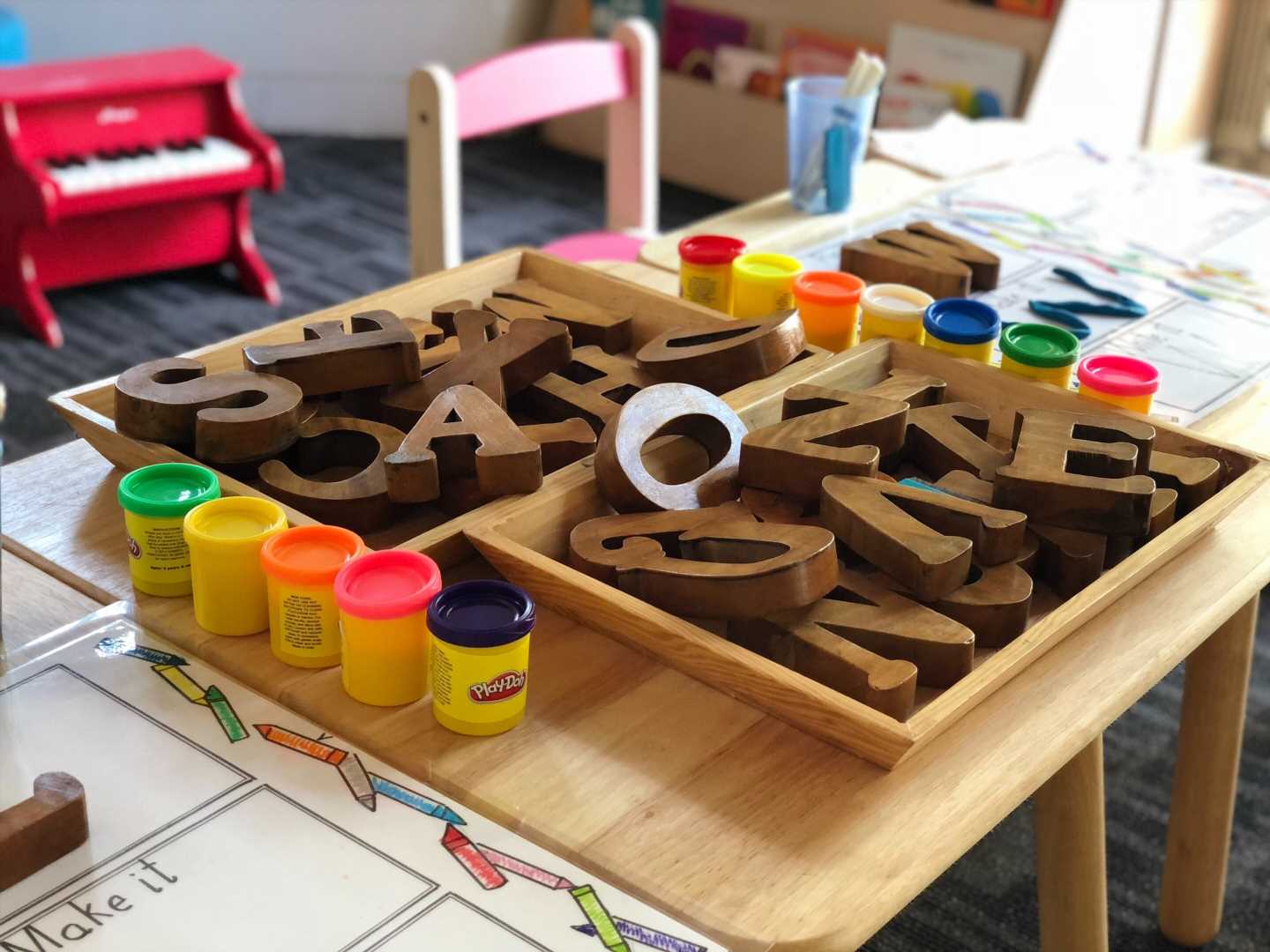
Researchers measured the oxytocin levels in children to find if it could be associated with behavior problems in preschool. The results showed that children with higher levels of oxytocin adapt better to their preschool environment and that playing with their parents increases those levels.
Known as one of the hormones implicated in social affiliation behaviors, oxytocin has been the subject of several studies that seek to understand its role in various mental pathologies and behavioral disorders. This feel-good hormone is produced in the brain in various situations in human life and its higher concentration in the body has been shown to be associated with greater empathy, generosity and trust in other people.
Will it then be possible to use oxytocin as a therapeutic substance in problems such as autism, anxiety, aggression, or hyperactivity? “In fact, the role of oxytocin has proved to be oscillating, elusive and with contradictory results,” explains Nuno Torres, a researcher supported by the BIAL Foundation, in an article published in the Portuguese newspaper Público.
Considering previous studies that showed a reduced effectiveness in the administration of oxytocin to people with adverse childhood experiences, and even that its excessive administration may be linked to greater aggression, a team of researchers of the William James Center for Research of the ISPA—University Institute, in collaboration with the Washington State University, studied the production of oxytocin and its presence in preschool age children to understand whether the concentration of this neuropeptide in different situations could be associated with greater or lesser problems of behavior in the preschool.
In the article “Salivary oxytocin after play with parents predicts behavioral problems in preschool children” published in February 2022 in the journal Psychoneuroendocrinology, Nuno Torres, Daniel Martins, Lígia Monteiro, António J. Santos, Brian E. Vaughn and Manuela Veríssimo explain that, to measure the oxytocin level, they collected saliva samples from 30 preschool children (17 girls and 13 boys) during five days in different situations: daily routine, before and after dyadic play sessions with their parents. Children’s behavioral problems were assessed by the Caregiver-Teacher Report Form questionnaire, completed by the child’s preschool teacher.
The results predict that children will have a better adaptation and greater harmony in their preschool environment, if they have higher levels of oxytocin circulating in their body. This happens, for example, after they play with their parents for fifteen minutes.
For Nuno Torres, this work “may enable the design of better educational practices, which stimulate global health.” In a near future, “we are also thinking of assessing the levels of oxytocin in parents, to allow us to better understand the process of psychological, biological and social interaction between the two elements, parents and child,” he concludes.
More information:
Nuno Torres et al, Salivary oxytocin after play with parents predicts behavioural problems in preschool children, Psychoneuroendocrinology (2021). DOI: 10.1016/j.psyneuen.2021.105609
Journal information:
Psychoneuroendocrinology
Source: Read Full Article
